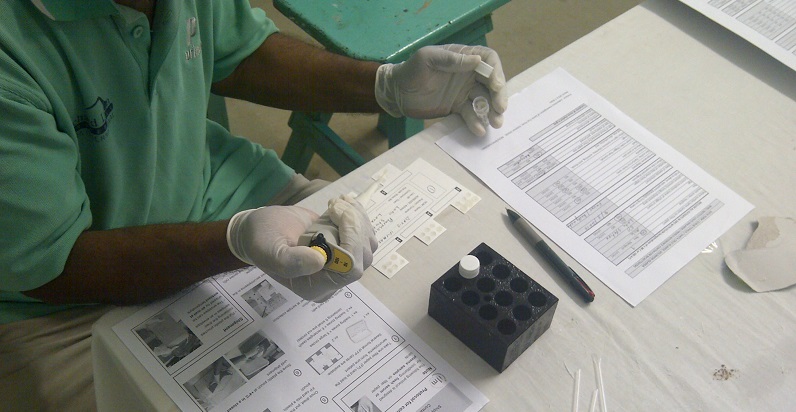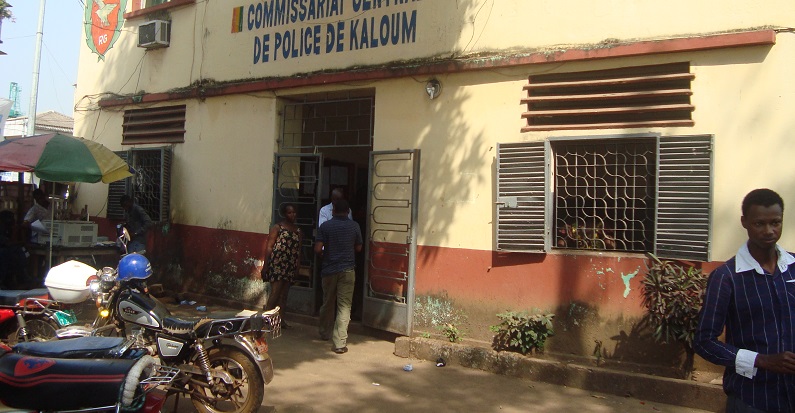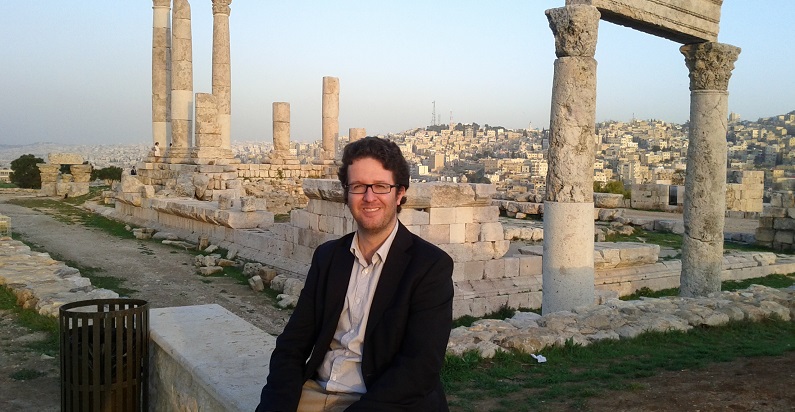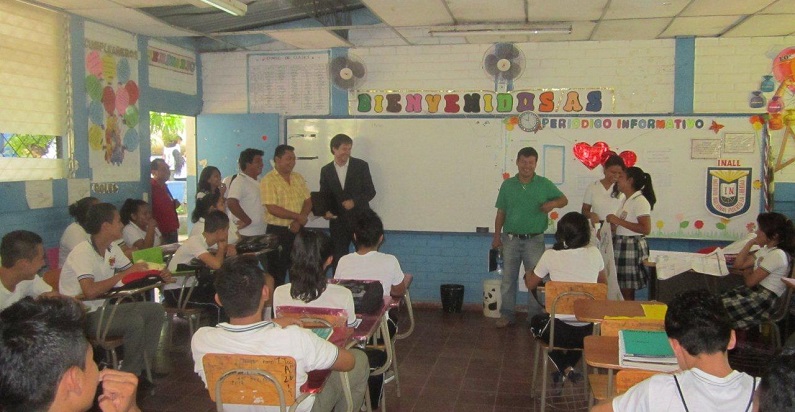THE BLOG OF THE FIIAPP. Spanish cooperation
-
26 August 2014
Category : Opinion
José Jaime de Domingo, director técnico del proyecto MEDIPIET en el Instituto de Salud Pública Carlos III, explica en este artículo los objetivos y acciones a desarrollar por el programa que dirige y que tiene como objetivo formar a los países del mediterráneo para intervenir en caso de una crisis epidemiológica.José Jaime de Domingo, Technical Director of the MEDIPIET project at the Carlos III Public Health Institute, explains in this article the objectives and actions to be developed by the programme he directs, which aims to provide training to Mediterranean countries so that they can intervene in the event of an epidemiological crisis.

The recent Ebola epidemic in West Africa, along with other health alerts such as MERS-Cov in the Middle East and the uptick in polio cases being reported in places where the disease had been declared eliminated, demonstrates the importance of developing standardized preve...
-
21 August 2014
Category : Opinion
No consta como delito en su código penal ni existe un protocolo de actuación de asistencia. La violencia de género en Guinea Conakry es tratada como cualquier otro delito de violencia y sólo se contemplan los casos de violencia física. No hay contemplaciones para la psicológica. Un planteamiento que procede de los 24 años de gobierno del fallecido Lansana Conté y del régimen militar que lo sucedió hasta 2011. Hoy, esta problemática parece colarse entre las prioridades del actual Gobierno que está desarrollando un proyecto financiado por la Comisión Europea (CE), y en el que colabora la FIIAPP, para propiciar la asistencia a las víctimas de violencia de género así como para potenciar la seguridad del país y mejorar la percepción que tiene la población sobre la policía nacional.It's not considered a crime in the criminal code, and there's no assistance action protocol. Gender violence in Guinea Conakry is handled like any other violent crime, and only cases of physical violence are contemplated. There is no room for psychological considerations. An approach that comes from the 24 years of rule by the late Lansana Conté and the military regime that succeeded him and held power until 2011. Today this problem seems to be finding its way into the priorities of the current government, which is developing a project funded by the European Commission (EC), in which the FIIAPP is collaborating, to provide assistance to victims of gender violence, strengthen security in the country and improve the public's perception of the national police force.

Eighty-seven percent of women in Guinea Conakry, in other words eight in every ten, suffer conjugal and domestic violence in this African country, according to the results of a survey released by the National Office for the Promotion of Women and Gender. They typically do not report it. These w...
-
13 August 2014
Category : Interview
Entrevista a David Poza, Consejero Residente del proyecto de electricidad y energías renovables que lidera la FIIAPP en Jordania y técnico del Instituto para la Diversificación y Ahorro de la Energía (IDAE)Interview with David Poza, Resident Adviser for the electricity and renewable energies project being led by the FIIAPP in Jordan and technician at Instituto para la Diversificación y Ahorro de Energía (IDAE).

Jordan has barely enough natural resources to satisfy the energy needs of its nearly eight million inhabitants, factories and businesses. This is so much the case that its energy production is 96% dependent on imports, especially of crude oil and natural gas. The Jordanian govern...
-
06 August 2014
Category : Opinion
Educación Fiscal en El Salvador, por Borja Díaz Rivillas FIIAPP/EUROsociALTax Education in El Salvador, by Borja Díaz Rivillas, FIIAPP / EUROsociAL

We descend from San Salvador to Puerto de la Libertad, 32 kilometres from the capital. The village is an example of the Central American country's efforts to create quality community spaces and public services. Its wharf has a pleasant boardwalk, an amphitheatre for cultural even...








